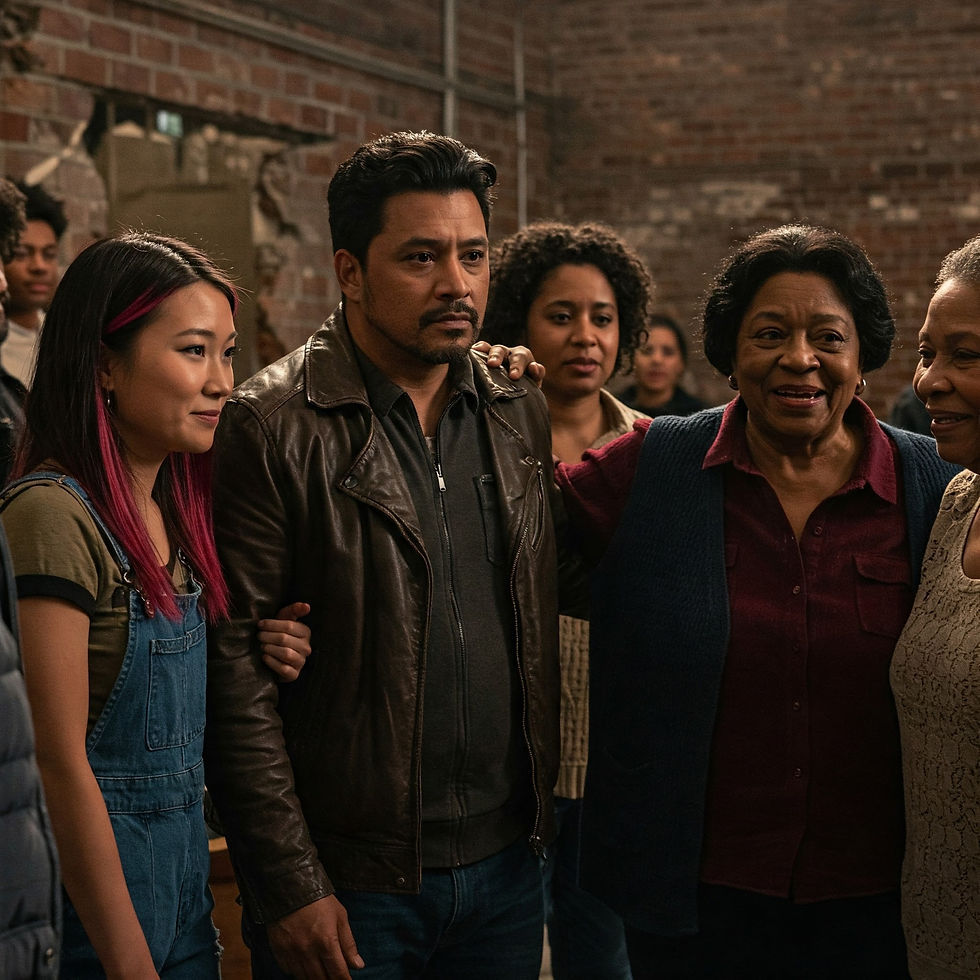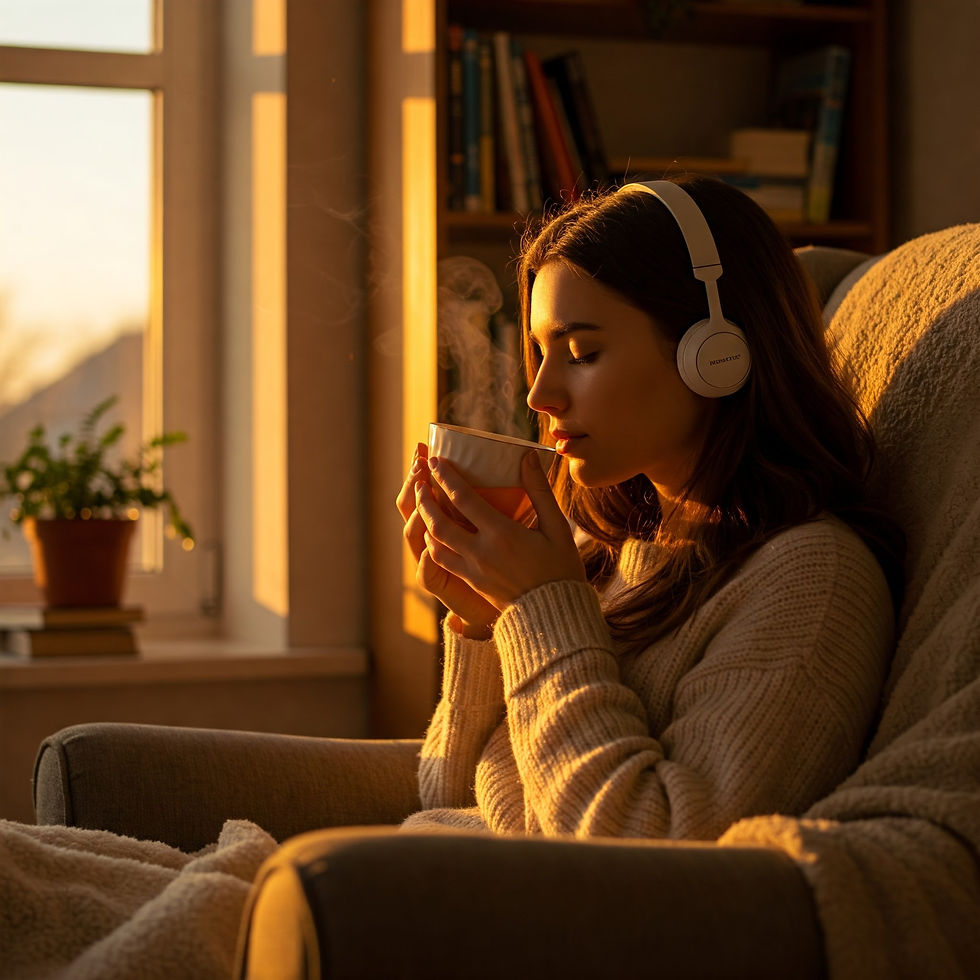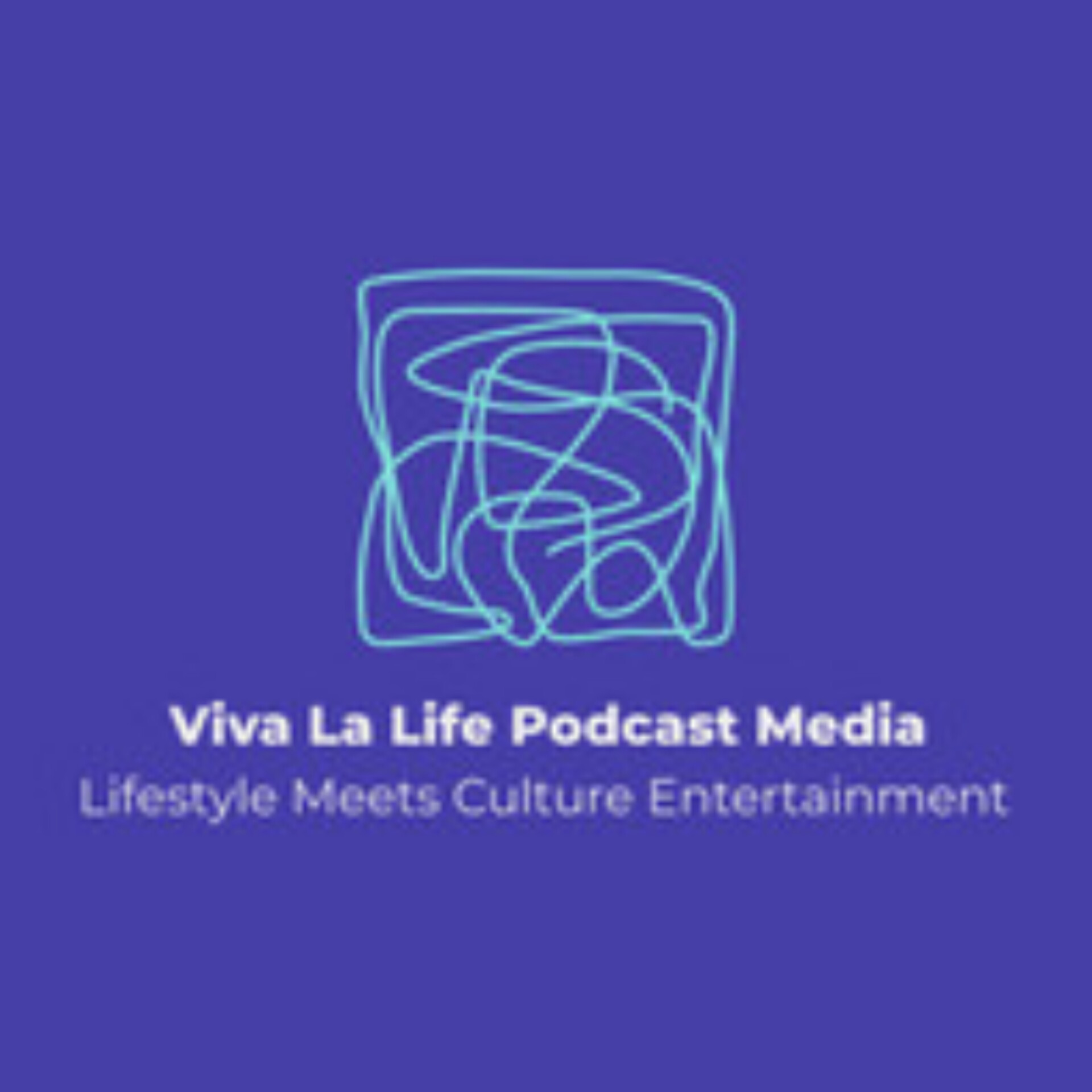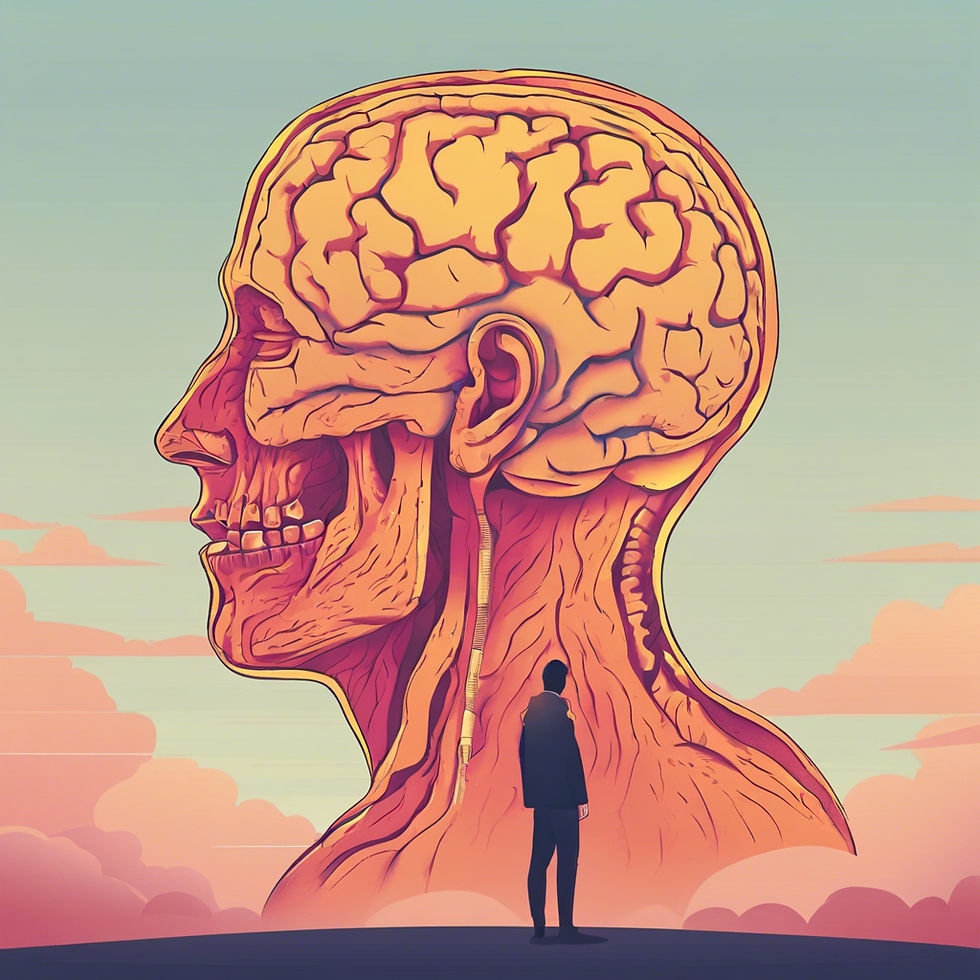The Weight of "Help" That Doesn't Feel Helpful
- Ash Tonee
- May 2, 2025
- 3 min read
What's Up Viva Fam,

We've all been there, haven't we? That moment when you reach out, expecting a lifeline, a hand up, only to find… well, not quite what you needed. Maybe it was navigating a customer service line that felt designed to frustrate, or perhaps it was trusting an institution meant to support you, only to feel like just another number.
Think about Luigi. You might have seen his story – battling United Healthcare, feeling like the very system designed to care for him was instead creating more barriers. It's a stark reminder that sometimes, the structures meant to catch us when we fall can feel more like a tangled net.
Now, imagine someone we'll call "Alex." Alex is a survivor. They fought hard and navigated the difficult terrain of recovery from an eating disorder. That kind of strength shouldn't be met with more battles, but life, as it often does, throws curveballs. Alex also lives with the complexities of AuDHD, which brings its own set of challenges, including sensory sensitivities around food and executive functioning hurdles that can make consistent eating a struggle. On top of that, chronic digestive issues add another layer of discomfort, sometimes creating a false sense of relief in an empty stomach.
Alex, like many, has bravely sought help. They've explored the resources we're often told are there: the support groups, the therapists, the medical professionals. And yet, the overwhelming feeling is that the help offered often skims the surface. It’s the pamphlet instead of the deep conversation, the generic advice that doesn't quite fit the intricate puzzle of their individual needs. It’s the sense of being a case file, not a human being.
This isn't just Alex's story. It echoes the frustrations of so many across generations. Gen Z, often navigating a world with its own unique set of anxieties and systemic challenges, gets it. They've seen the headlines, shared the memes, and experienced the disconnect between promised support and lived reality. But this feeling transcends age. Millennials who weathered economic downturns, Gen X navigating complex healthcare systems, and even Boomers who might feel the institutions they once trusted are shifting sands – we've all felt that weight of expectation unmet.
It's okay to feel let down. It's okay to feel like the systems aren't working the way they should. Your experiences are valid. Your struggles are real.
So, what do we do with this feeling of being adrift in a sea of "help" that doesn't quite reach?

Find Your Anchors: While institutions might falter, human connection can be a powerful anchor. Seek out understanding communities, even if they're online. Shared experiences can offer a sense of belonging and validation that formal systems sometimes lack.
Small Acts of Self-Care are Revolutionary: When the big systems feel overwhelming, focus on the small, tangible things that bring a sliver of comfort. A warm drink, a quiet moment, a sensory-friendly activity – these small acts of care can build resilience from the inside out.
Your Voice Matters: Even when it feels like no one is listening, your experience is important. Sharing your story, in whatever way feels safe for you, can be a form of resistance and can connect you with others who understand.
Celebrate Small Victories: Recovery, navigating complex conditions – these are not linear journeys. Acknowledge and celebrate the small steps forward, even when the bigger picture feels daunting.

Alex's journey, like Luigi's and like so many of our own, reminds us that the path to well-being isn't always paved with the support we expect. Sometimes, we have to find our own way, build our own networks, and advocate fiercely for what we truly need. And in those moments of feeling let down, remember that your strength, your resilience, and your voice are powerful forces in themselves. You are not alone in feeling this way, and your experiences are a testament to the very real human need for systems that truly care.
What resources, even unconventional ones, have you found genuinely helpful? Share them with others!







Comments